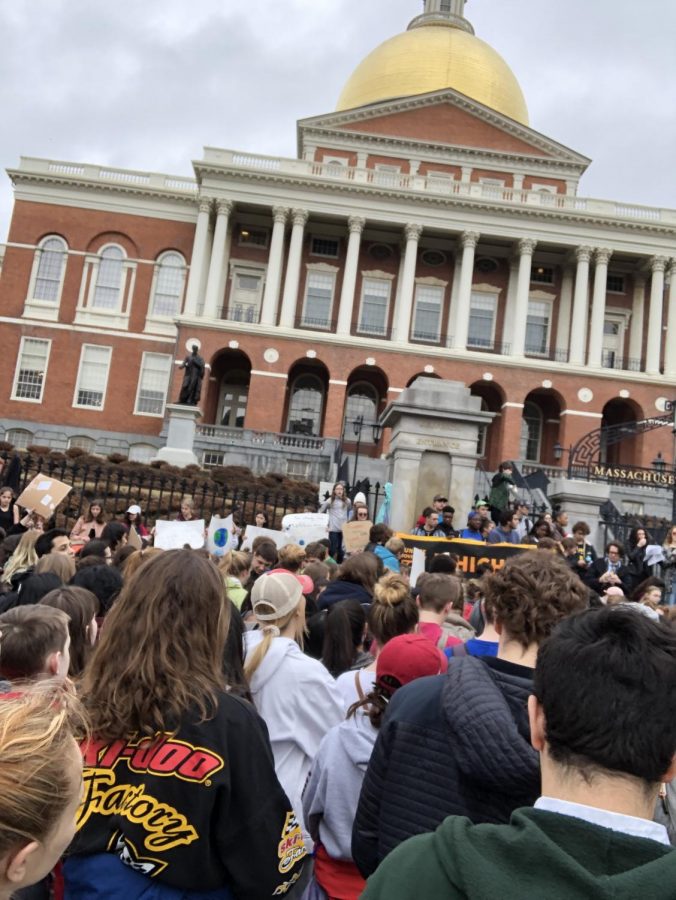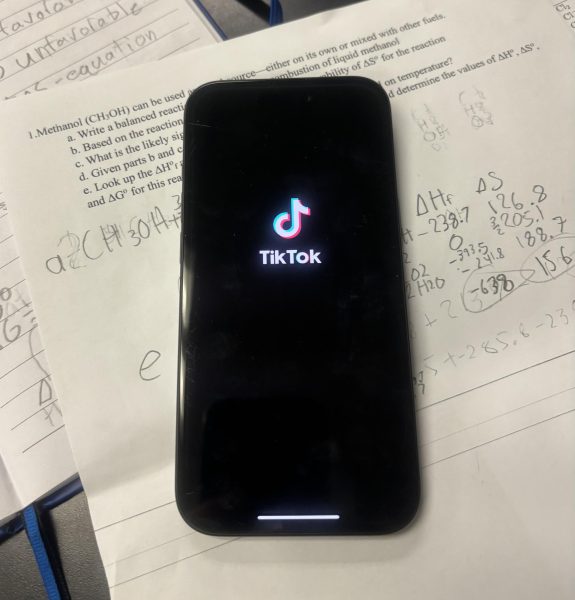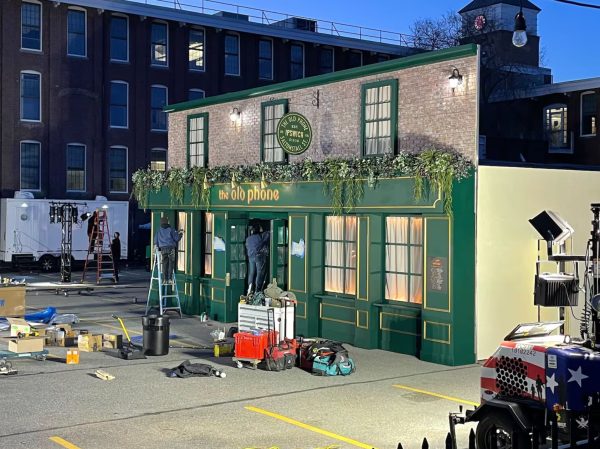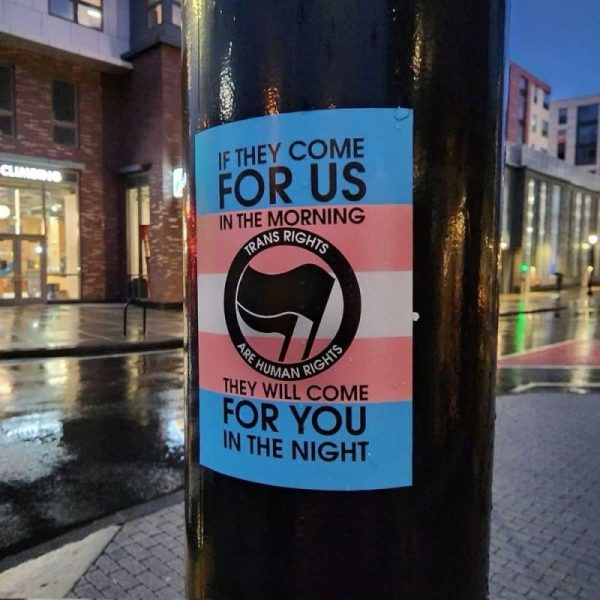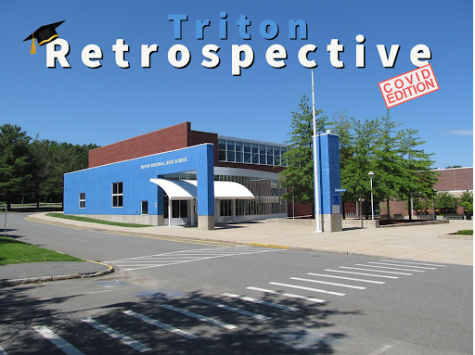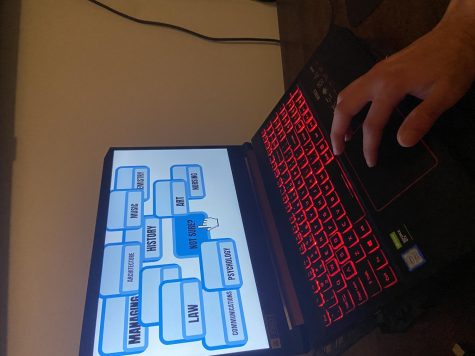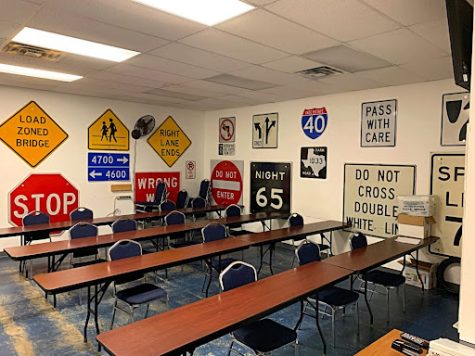First Amendment in Action: Boston Climate Strike
Global Warming Protests to Continue, Organizers Pledge
Students protest in front of the State House in Boston on March 15 to protest humans’ participation in Global Climate Change.
At 8:30 a.m., I was up and packing a backpack, putting my sign into my car to head out to the Newburyport train station to travel into Boston for the Student Climate Strike in front of the Massachusetts State House.
Greta Thunberg, a climate change activist, organized the larger global climate strike in over 100 countries on Friday, March 15, a day when 1.4 million students across the world missed their classes and joined together for the protest against human involvement in Climate Change.
The Student Climate Strike included hundreds of students all over Massachusetts skipping school to make their voices heard; that climate change is happening and that actions to reverse climate change need to start happening sooner than later.
The turn out to this strike was awesome. Hundreds of kids held signs ranging from so many different sayings such as, “Respect Your Mother” with planet earth drawn behind the words. Another read, “System Change~Not~Climate Change.”
Many demands, poems, speeches and chants were read by student climate change activists throughout the strike. One of the chants was “Hey-hey, ho-ho, climate change has got to go!”
There was also a small band there, so most of the chants were accompanied by music. During the day there were different age groups of kids, most were in high school, but there were also little ones seeming to be in the age range of five years old as well as senior citizens and some adults.Everyone there was motivated and driven and some kids managed to get into the state house to talk to state representatives about climate change and what actions we can do to start fixing it.
The United Nations recently came out with a statement on global warming, confirming that, “climate change is running faster than we are.” The report stated that we need to cut global emissions in half by 2030 and by 2050 produce zero emissions, or else we will suffer from more extreme weather, sea levels rising, arctic ice continuing to melt at faster rates, extreme heat waves for millions of people, more species going extinct, increased water scarcity, and a total destruction of coral reefs.
The climate strikes all over the world were to raise awareness to this, to show that it’s time to make changes to what we are doing to our planet. If we want a future for a planet, we have to raise the awareness to make those changes happen.

Heyo! My name is Lydia Crowley! I am a senior at Triton Regional High School and I enjoy covering new and intriguing topics for the Triton Voice! In my...


